BERLIN, Feb 20, (V7N) – As Germans head to the polls on Sunday, conservative leader Friedrich Merz is widely expected to become the next chancellor, following a heated campaign shaped by the rise of the far-right Alternative for Germany (AfD) and its vocal backing from Team Trump.
With the CDU/CSU alliance leading in the polls, Merz appears on track to defeat incumbent Chancellor Olaf Scholz’s Social Democrats (SPD), positioning the 69-year-old former investment lawyer to take charge of Europe’s largest economy.
His anticipated victory follows months of political instability after Scholz’s three-party coalition collapsed in November. However, major challenges await, including reviving Germany’s struggling economy and restoring its global influence.
The election unfolds during a period of uncertainty for Germany and Europe, as U.S. President Donald Trump’s direct outreach to Russia regarding the Ukraine conflict has raised serious concerns about the future of transatlantic relations.
Despite their political differences, Merz, Scholz, and other German leaders share growing apprehension about what lies ahead for a country that has long depended on U.S. support for its post-war democracy and economic success under NATO’s security umbrella.
While many view the shifting political landscape with concern, the far-right AfD has embraced the disruption. Backed by figures like U.S. Vice President J.D. Vance and tech mogul Elon Musk, the AfD has capitalized on anti-immigration sentiment, citing recent violent attacks involving migrants and asylum seekers.
Polling above 20 percent, the AfD is poised to become Germany’s second-strongest party, challenging the long-standing belief that the nation remains immune to a resurgence of right-wing extremism.
"People are watching this election with anxiety," said Frankfurt-based catering business owner Ralph Teschner, 57. "A country where the AfD can score over 20 percent is not the kind of place I want to live in."
Merz, representing traditional conservatism, has warned that if mainstream parties fail to address immigration concerns, the AfD could one day claim outright victory. His proposals to tighten border controls and detain individuals awaiting deportation have drawn sharp criticism.
Controversy intensified when Merz’s parliamentary maneuver allowed the AfD’s support to pass an immigration motion, breaking a long-held agreement among mainstream parties to refuse cooperation with the far-right. The move triggered days of nationwide protests in an already deeply polarized political climate.
His approach has drawn accusations of legitimizing the AfD’s rhetoric. Adding fuel to the debate, Vice President Vance used last week’s Munich Security Conference to criticize Europe’s political establishment, rejecting the notion of political “firewalls.”
Beyond political turbulence, Germany’s economic downturn remains a pressing issue. The country has faced two consecutive years of contraction, with factory closures and mass layoffs raising concerns about long-term stability.
Meanwhile, Trump’s threats of tariffs have heightened fears of a potential trade war, posing a significant risk to Germany’s export-driven economy.
Despite these uncertainties, Merz has exuded confidence, vowing to restore EU unity, handle Trump strategically, and implement sweeping economic reforms. However, forming a stable governing coalition may prove challenging.
While a partnership with the SPD or the Greens appears most likely, tensions within Scholz’s former coalition—particularly between the FDP and its allies—highlight the difficulties of maintaining a three-party government.
"Friedrich Merz is well-positioned to become Germany’s next chancellor, but the key question is whether he can form a stable coalition," said Sudha David-Wilp of the German Marshall Fund.
Reflecting on the nation’s future, Teschner emphasized the need for unity. "Germany needs a shared vision—one that focuses on constructive solutions rather than exclusion. Policies built on division are not the answer."
END/WD/RH/



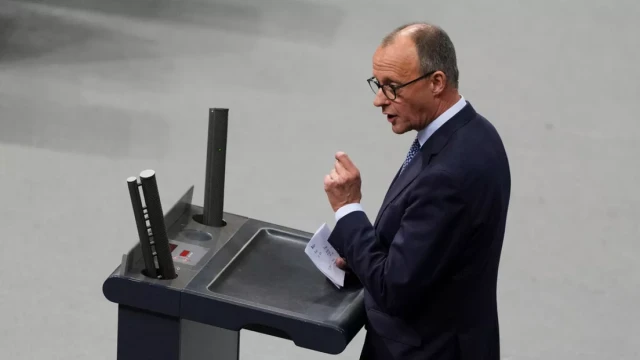





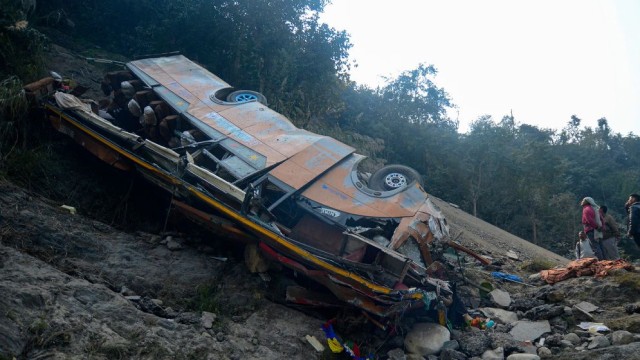
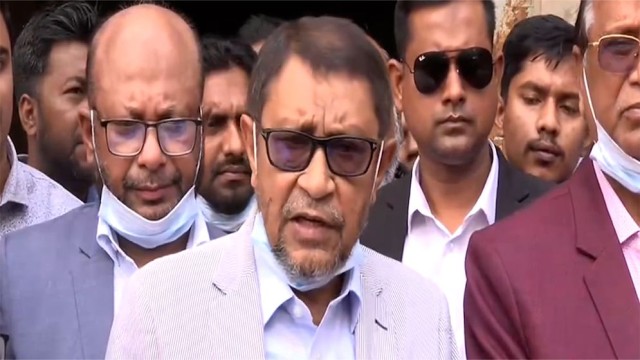
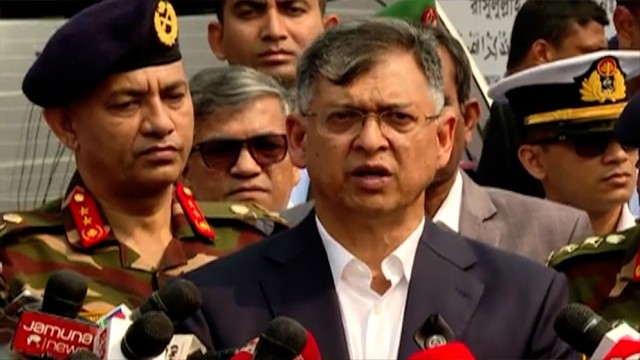

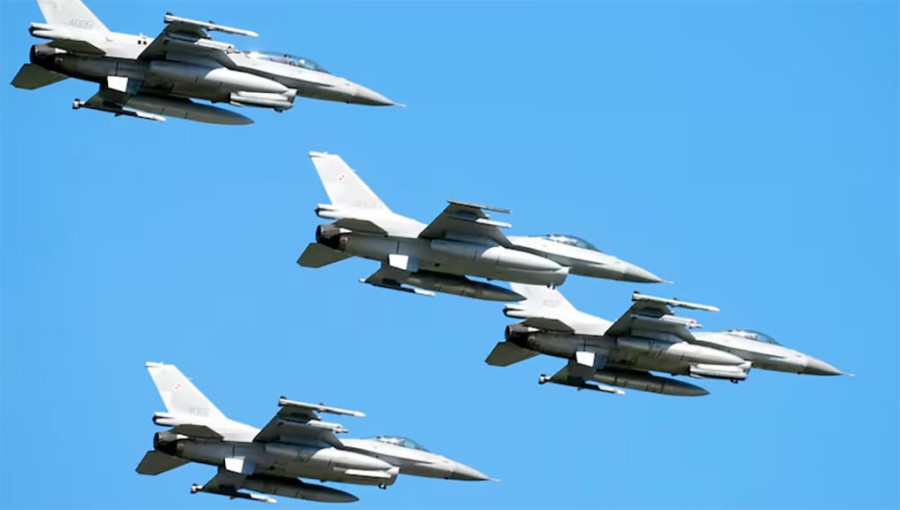














Comment: